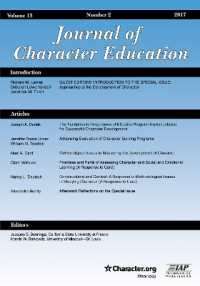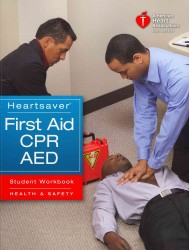- ホーム
- > 洋書
- > 英文書
- > Computer / General
Full Description
This book investigates how human mental fatigue (MF) can be objectively measured during demanding maritime operations. The maritime domain is characterized by demanding operations. These operations can be especially complex and dangerous when they require coordination between different maritime vessels and several maritime operators. The best approach to quantify MF is through the use of physiological sensors including electroencephalogram (EEG), electrocardiogram, electromyogram, temperature sensor, and eye tracker can be applied, individually or in conjunction, in order to collect relevant data that can be mapped to an MF scale. More than simpler sensor fusion, this book bridges the gap between relevant sensor data and a quantifiable MF level using both data-driven and model-based approaches.
Data-driven part investigates the use of different NNs combined for the MF assessment (MFA) task. Among the different architectures tested, convolutional neural networks (CNN) showed the best performance when dealing with multiple physiological data channels. Optimization was used to improve the performance of CNN in the cross-subject MFA task. Testing different combinations of physiological sensors indicated a setup consisting of EEG sensor only was the best option, due to the trade-off between assessment precision and sensor framework complexity. These two factors are of great importance when considering an MFA system that could be implemented in real-life scenarios. The model-based discussion applies the current knowledge about the use of EEG data to characterize MF to develop an MF approach to quantify the progression of MF in maritime operators.
In the research presented in this book, realistic vessel simulators were used as a platform for experimenting with different operational scenarios and sensor setups.
Contents
Preface.- Introduction.- Handling Fatigue.- Mental Fatigue Assessment Sensor Framework.- Mental Fatigue Assessment Using Artificial Intelligence.- Model-based Assessment for Multi-subject and Multi-task Scenarios.- Mental Fatigue Prediction.- Research Challenges.







